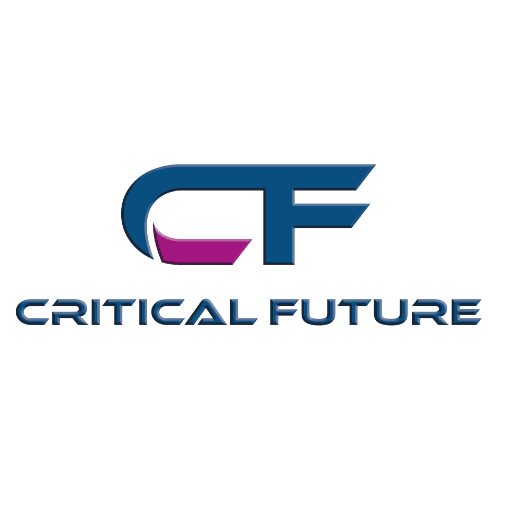Revolutionizing Work: AI’s Impact on Professional Productivity in 2025
- March 1, 2025
- Posted by: Mai - CF Brand Ambassador
- Category: Daily Case Studies
Revolutionizing Work: AI’s Impact on Professional Productivity in 2025
Envision a workspace where technology not just assists but spearheads operations, decoding complex data sets and enhancing decision-making at lightning speeds. This became a pronounced reality in 2025 as AI technology continued to reshape professional environments across the globe, pushing the boundaries of what was once thought achievable in workplace productivity.
The Driving Forces Behind AI-Enhanced Work Environments
Several technological breakthroughs have culminated to elevate AI’s role in professional settings this year. Enhanced computational power, sophisticated algorithms, and more adaptive machine learning models have enabled AI systems not only to perform routine tasks but also to undertake complex analytical roles that were traditionally reserved for human intellect. This integration has been further fueled by significant advancements in natural language processing (NLP) and predictive analytics, allowing AI to understand and anticipate professional needs with unprecedented accuracy.
AI Reshaping Professional Landscapes in 2025
One of the most significant events this year was the deployment of AI-driven platforms in major multinational corporations, which demonstrated a substantial increase in efficiency and a reduction in operational costs. These platforms leveraged AI to automate administrative tasks, optimize logistics, and provide real-time data insights, leading to faster decision-making processes and more streamlined operations.
Moreover, AI tools have become indispensable in data-driven sectors such as finance, where they now play a crucial role in risk assessment, fraud detection, and customer service enhancements. The AI technology has empowered systems to not only gather and analyze large datasets but also to predict market trends and consumer behavior with high precision.
Future Impact: Transforming Industries and Shaping Daily Work Life
The widespread adoption of AI in professional settings is poised to redefine industry standards. Experts predict that by 2030, AI will be integral in all sectors, significantly altering how businesses operate and compete. These changes offer a promising outlook for increased job satisfaction as AI takes over more mundane tasks, allowing employees to engage in more creative and strategic roles.
However, this shift is not without challenges. As AI takes on more responsibilities, concerns about job displacement and the need for reskilling the workforce have surfaced. Moreover, the reliance on AI raises significant questions about privacy and data security, creating a pressing demand for robust ethical guidelines and cybersecurity measures.
“The integration of AI into daily work routines is not just enhancing efficiency; it’s revolutionizing how we think about work and what it means to be productive,” notes Dr. Emily Tran, a researcher specializing in AI and workplace technology.
Conclusion: Embracing a Future Augmented by AI
As we navigate this transformative era, the potential of AI in professional environments continues to unfold with promising prospects for enhanced productivity and innovation. However, adapting to these changes requires proactive strategies to leverage AI’s benefits while managing its challenges effectively.
Will our workplaces eventually become fully autonomous, or will there be a balanced synergy between human ingenuity and artificial intelligence?

